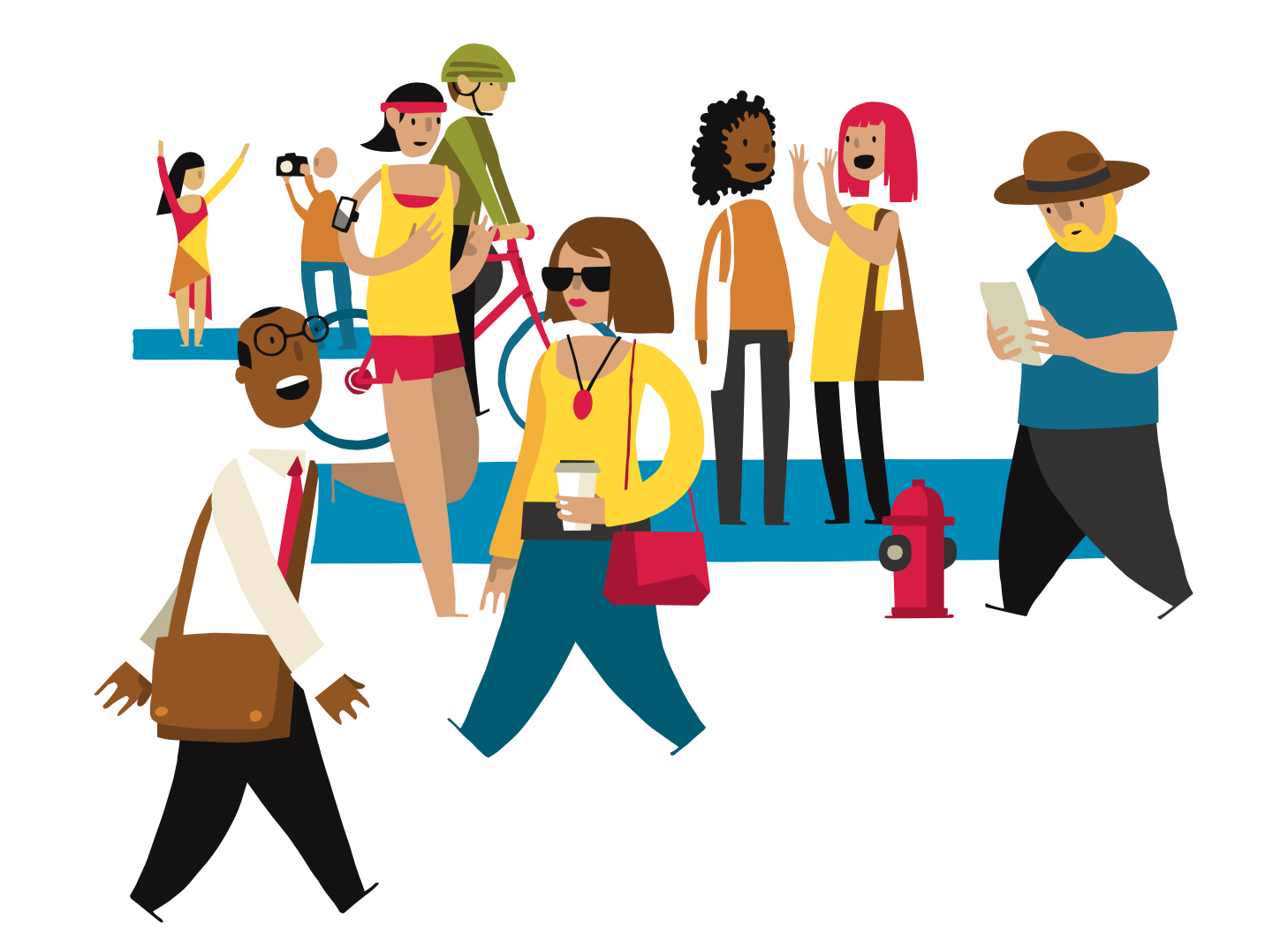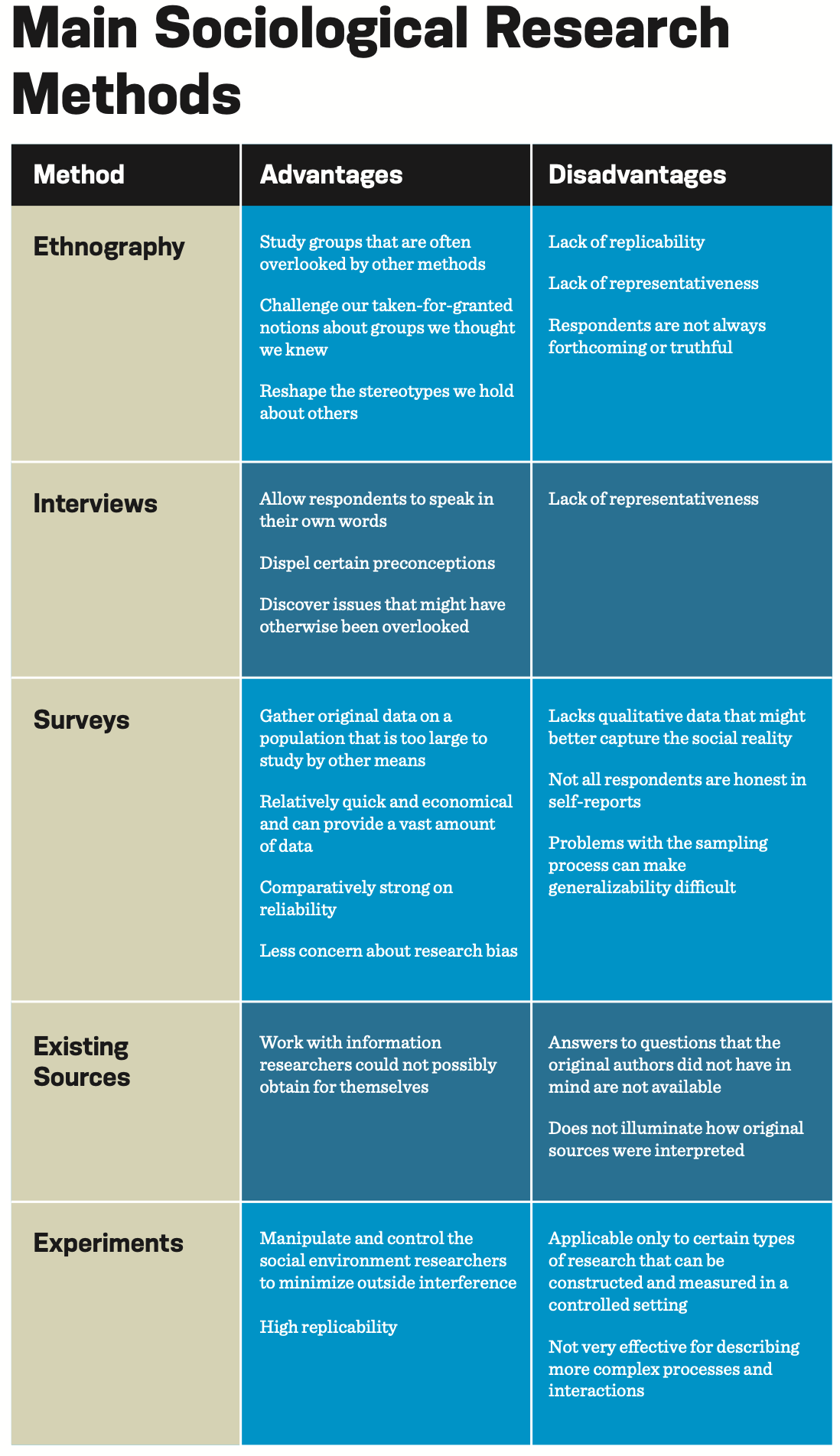
Research Methods¶
This lesson focuses on the research methods used by sociologists to study the social world.
Learning Objectives¶
By the end of this lesson, you will be able to:
Differentiate between the major kinds of research methods.
Understand why different topics are better suited to different research approaches
Evaluate a specific research methods.
Deadlines¶
Be sure to hand these in before the deadline
InQuizitive Chapter Set 2 (Thursday at 9:30am)
Study Design application (Sunday at 10:00pm)
Circle of Books reflection (Sunday at 10:00pm)
Discuss (Thursday during class):¶
Circle of Books¶

For over 35 years, the gay porn shop, Circus of Books, served as the epicenter for LGBT life and culture in Los Angeles. Unbeknownst to many in the community it served, the store was cultivated and cared for by its owners, Karen and Barry Mason; a straight couple with three children. CIRCUS OF BOOKS is an intimate portrait of the Masons and their journey to become one of the biggest distributors of hardcore gay porn in the United States. Their story unfolds through the lens of their daughter, filmmaker and artist, Rachel Mason. rt
We will use the documentary film Circus of Books as an opportunity to explore how fundamentals of sociology. We will watch it together during class.
Be sure to have the movie ready to go at the start of class.
Login to the course Slack by 9:30am and say hi to your group!
Questions¶
If you have any questions at all about what you are supposed to do on this lesson, please remember I am here to help. Reach out any time so I can support your success.
Post it in the Slack #questions channel!
Signup for virtual office hours!
Email me or your TA.
Lesson Keywords¶
quantitative research
qualitative research
scientific method
literature review
hypothesis
variables
operational definition
correlation and causation
intervening variable
spurious correlation
ethnography
participant observation
reflexivity
interviews
closed and open-ended questions
replicability
validity
representativeness
bias
population
sample
content analysis
experiment
independent variable
dependent variable
social network analysis
objectivity
reactivity
Hawthorne effect
research ethics
surveys


